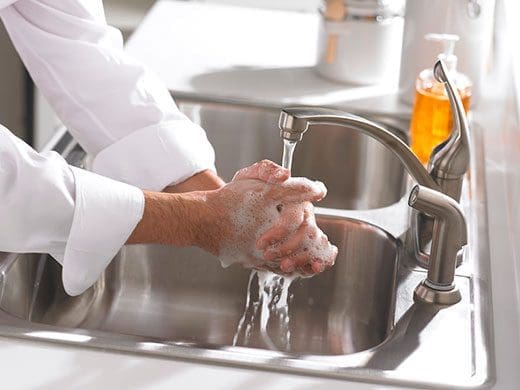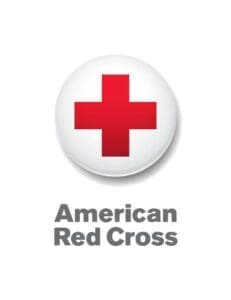By Taylor Jamison, K-State Research and Extension news service
Manhattan, KS — Practicing good hygiene in and out of the kitchen can improve everyday life, but some hygiene practices are easily forgotten or skipped. Kansas State University food scientist Karen Blakeslee said the impact of good hygiene is often overlooked.
“Taking the time to use good personal hygiene can not only help reduce illnesses, but also reduce loss of absenteeism in many areas such as school, work and other activities,” Blakeslee said. “Those 20 seconds of time to wash your hands or doing daily personal hygiene practices are beneficial to your health.”
When preparing meals, good hygiene begins before food is cooked, served or eaten.
“Simply not washing hands before preparing or eating food is a common mistake that consumers make,” Blakeslee said. “This simple habit can help reduce many illnesses, not just foodborne illness.”
Cleanliness goes beyond one’s hands: facial, fingernail, and foot hygiene can affect your overall health.
“Did you know that, on average, people touch their face 23 times per hour?” Blakeslee said. “Your facial area includes your teeth, mouth, eyes and ears. Without appropriate facial hygiene, these areas can lead to other health problems.”
Nails and skin can harbor bacteria, which is why it is so important to thoroughly wash hands before handling food, she said.
Another aspect of kitchen and food safety often forgotten is pets. Wash hands after handling any animal or animal food, as these sources can harbor bacteria that can make humans sick. Dry or canned food can become contaminated and cause illness in humans.
“Consult with a veterinarian if feeding a pet a raw food diet,” Blakeslee said.
Personal hygiene aside, Blakeslee recommends cleaning the kitchen as you cook.
“Frequently touched surfaces should be cleaned more often, such as countertops, handles, light switches and more. After preparing food, always clean equipment and countertops to remove spills or any other visibly dirty areas.”
For more information, the CDC offers several easy-to-understand online resources.
Blakeslee, who is also coordinator of K-State’s Rapid Response Center for Food Science, publishes a monthly newsletter called You Asked It!. More information is also available from local extension offices in Kansas.













